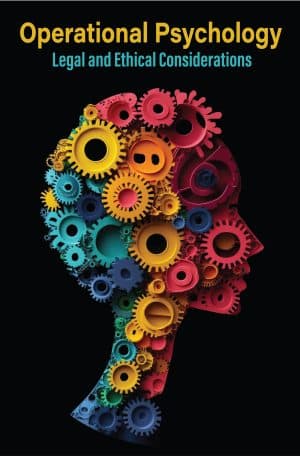Crisis Intervention in End-of-Life Care
Leo Christie, PhD, LMFT; Robert Gauger, DMin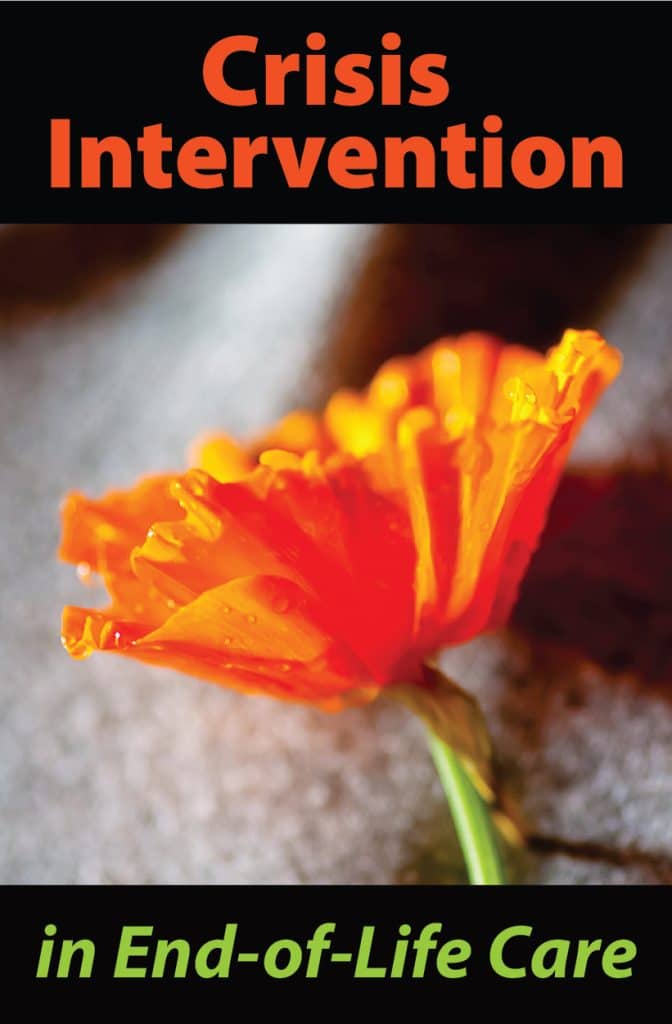
$39.00
 Learning Level : Intermediate
Learning Level : Intermediate
 Online
Online
Course Abstract
Crisis Intervention in End-of-Life Care is a 3-hour online continuing education (CE) course that examines the dynamics of end-of-life care as they relate to the patient, family members, paid caregivers, and medical staff.
For families and patients at the end of life, crisis is often a constant companion. Every medical decision, communication issue, patient decline or dip, and family conflict or disagreement requires a thoughtful understanding of the patient’s wishes, family functioning, medical prognosis, and disease path – all of which combine to create the crisis.
This course offers insights into the foundational attitudes and struggles of patients in end-of-life care; common emotional burdens caregiving exerts on the patient’s family; and typical areas of conflict among patients, family, and medical staff concerning end-of-life care.
We discuss various “filters” to help properly assess situations and study crisis management as a tool to aid the counselor and client in dealing with crises that occur during end stages. A comparison of four models for viewing family conflict in end-of-life crisis is presented. We also consider the details of the family systems model for understanding how families adjust and adapt to loss and conflict. Finally, we describe several intervention tools for helping families with conflict in the end stages of life.
Course #31-46 | 2022 | 68 pages | 20 posttest questions
Learning Objectives
- Identify five foundational attitudes and struggles of patients in end-of-life care
- Describe four emotional burdens caregiving exerts on the patient’s family
- List three typical areas of conflict among patients, family, and medical staff concerning end-of-life care
- Compare and contrast the four models for viewing family conflict in end-of-life crisis
- Describe the family systems model for understanding how the family adjusts and adapts to conflict
- Identify four crisis intervention tools for helping families deal with conflict in end-of-life care
Course Directions
This online course provides instant access to the course materials (PDF download) and CE test. The course is text-based (reading) and the CE test is open-book (you can print the test to mark your answers on it while reading the course document).
Successful completion of this course involves passing an online test (80% required, 3 chances to take) and we ask that you also complete a brief course evaluation.
About the Author(s)
Leo Christie, PhD, LMFT : Find out More
Leo Christie, PhD, LMFT, was a Florida-licensed Marriage and Family Therapist with a doctorate in Marriage and Family Therapy from Florida State University. Past President of the Florida Council on Family Relations, Dr. Christie has more than 20 years’ experience in private practice with a specialty in child behavior disorders and as an instructor for over 500 live continuing education seminars for healthcare professionals. He is the founder of Professional Development Resources; a nonprofit corporation whose mission is to deliver continuing education credit courses to healthcare professionals throughout the United States.
Disclosure
Financial: Receives author compensation from Professional Development Resources, Inc.
Nonfinancial: No relevant nonfinancial relationships exist.
Robert Gauger, DMin : Find out More
Robert Gauger, DMin, has served as a full-time minister for over 30 years. He was a parish minister for 27 years, and has also been a hospital chaplain in Jacksonville, Florida. Currently he is a hospice chaplain. Bob holds a Masters degree from Southern Seminary (KY) and a Doctorate Degree from Regent University (VA) with honors. His own personal experiences of depression and stress in ministry have drawn a special interest and focus on the topic in his life, as have his experiences with family suicidal attempts. Bob enjoys playing the trombone and through the years has played with many professional orchestras.
Disclosure
:
Financial: No relevant financial relationships exist.
Nonfinancial: No relevant nonfinancial relationships exist.
CE Information
Counseling
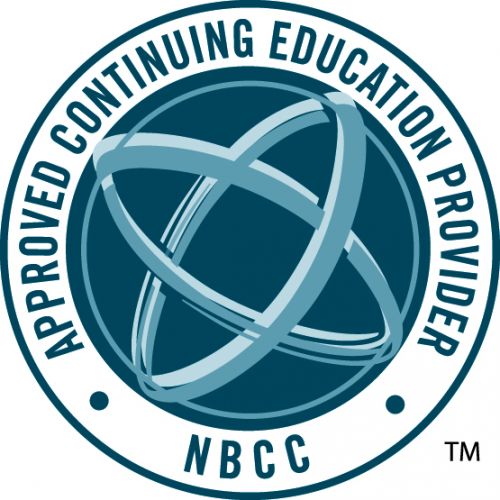
Professional Development Resources (PDR) has been approved by the National Board for Certified Counselors (NBCC) as an Approved Continuing Education Provider, ACEP No. 5590. Programs that do not qualify for NBCC credit are clearly identified. PDR is solely responsible for all aspects of the programs.
Professional Development Resources is CE Broker compliant (#50-1635 - all courses are reported within two business days of completion). Professional Development Resources, Inc. is recognized by the New York State Education Department’s State Board for Mental Health Practitioners as an approved provider of continuing education for licensed mental health counselors (#MHC-0135 - Note: New York counselors will receive 3 continuing education credits for completing this self-study course).
Marriage and Family Therapy
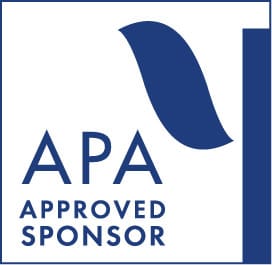
Professional Development Resources is approved by the American Psychological Association (APA) to sponsor continuing education for psychologists. Professional Development Resources maintains responsibility for this program and its content. Professional Development Resources is also approved by the National Board of Certified Counselors (NBCC ACEP #5590); the Association of Social Work Boards (ASWB #1046, ACE Program); the New York State Education Department's State Board for Mental Health Practitioners as an approved provider of continuing education for licensed marriage and family therapists (#MFT-0100 - Note: New York MFTs will receive 3 continuing education credit(s) for completing this self-study course); the Texas Board of Examiners of Marriage and Family Therapists (#114); and is CE Broker compliant (#50-1635 - all courses are reported within two business days of completion).
Psychology

Professional Development Resources is approved by the American Psychological Association (APA) to sponsor continuing education for psychologists. Professional Development Resources maintains responsibility for this program and its content.
Professional Development Resources is CE Broker compliant (#50-1635 - all courses are reported within two business days of completion). Professional Development Resources, Inc. is recognized by the New York State Education Department’s State Board for Psychology as an approved provider of continuing education for licensed psychologists (#PSY-0145).
Social Work
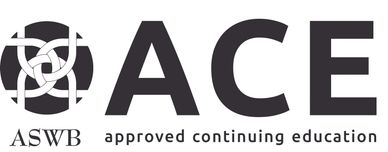
Professional Development Resources, #1046, is approved as an ACE provider to offer social work continuing education by the Association of Social Work Boards (ASWB) Approved Continuing Education (ACE) program. Regulatory boards are the final authority on courses accepted for continuing education credit. ACE provider approval period: 6/12/2025 - 6/12/2028. Social workers completing this course receive 3 clinical continuing education credits. ACE format: Reading-based asynchronous distance learning.
Professional Development Resources is CE Broker compliant (#50-1635 - all courses are reported within two business days of completion). Professional Development Resources, Inc. is recognized by the New York State Education Department's State Board for Social Work as an approved provider of continuing education for licensed social workers (#SW-0664 - Note: New York social workers will receive 3 continuing education credit(s) for completing this self-study course). Professional Development Resources is also approved by the Texas State Board of Social Worker Examiners (#5678).
Customer Testimonials
Thank you for an informative and helpful course on End-of-Life Care, especially for those of us who have elderly parents.
This was a very useful tool for working with family caregivers when discussing end of life care and the effect on family dynamics. Thank you!
AN EXCELLENT COURSE. I WAS ABLE TO RELATE PERSONALLY AND PROFESSIONALLY TO THE MATERIAL.
Educational for families and professionals.
Thank you for a practical overview and suggested models for understanding end of life family issues.
More Testimonials
Excellent!!
I find that PDR courses to totally meet my needs and are fairly priced.
Since I am 79 and was recently hospitalized for several weeks, I learned a lot from this course that I can use in my own life, should that occurance happen again. Thanks.
Thank you for providing up to date research on this subject. So many trainings either aren't up to date (which could be for many reasons), but this subject in particular, being a medical topic, I was thankful to have updated research and statistics pre- and post-covid.
Well written, clear and concise, with a variety of viewpoints and sources. Excellent in all regards.
Excellent! The charts and graphs are very useful. I've worked in hospice for 9 years and this is one of the better trainings I have had.
An important course that addresses issues most of us will eventually face. I thought it was pretty well done and fits my own experiences in caring for a spouse with severe dementia, and had throrough coverage of the problems you can expect to run up against.
- ADHD
- Adults
- Alternative Medicine
- Alzheimers & Aging
- Animal-Assisted Therapy
- Autism
- Behavior Therapy
- Child & Adolescent
- Closeout
- Communication
- Couples-Family-Parenting
- Cultural Diversity
- Depression & Anxiety
- Domestic Violence
- Ethics & Risk Management
- Gender Identity
- HIV-AIDS
- Human Trafficking
- Laws & Rules
- Medical Errors
- Mindfulness & Yoga
- National Psychologist
- Nutrition & Fitness
- Psychotherapy
- Sexuality
- Substance Abuse
- Suicide
- Supervision
- Trauma & PTSD
Related products
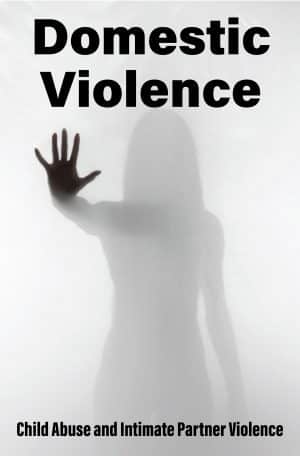
Domestic Violence: Child Abuse and Intimate Partner Violence
 Introductory
Introductory
 Online
Online

Nutrition Therapy for Autism Spectrum Disorder (ASD)
 Learning Level : Intermediate
Learning Level : Intermediate
 Online
Online

